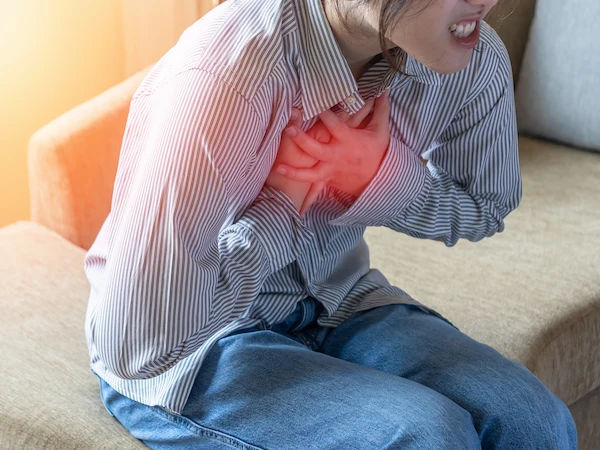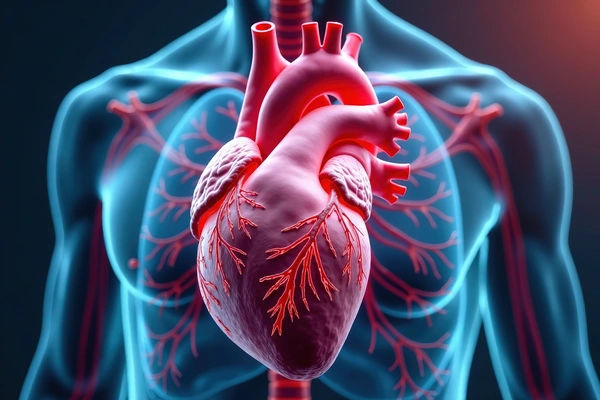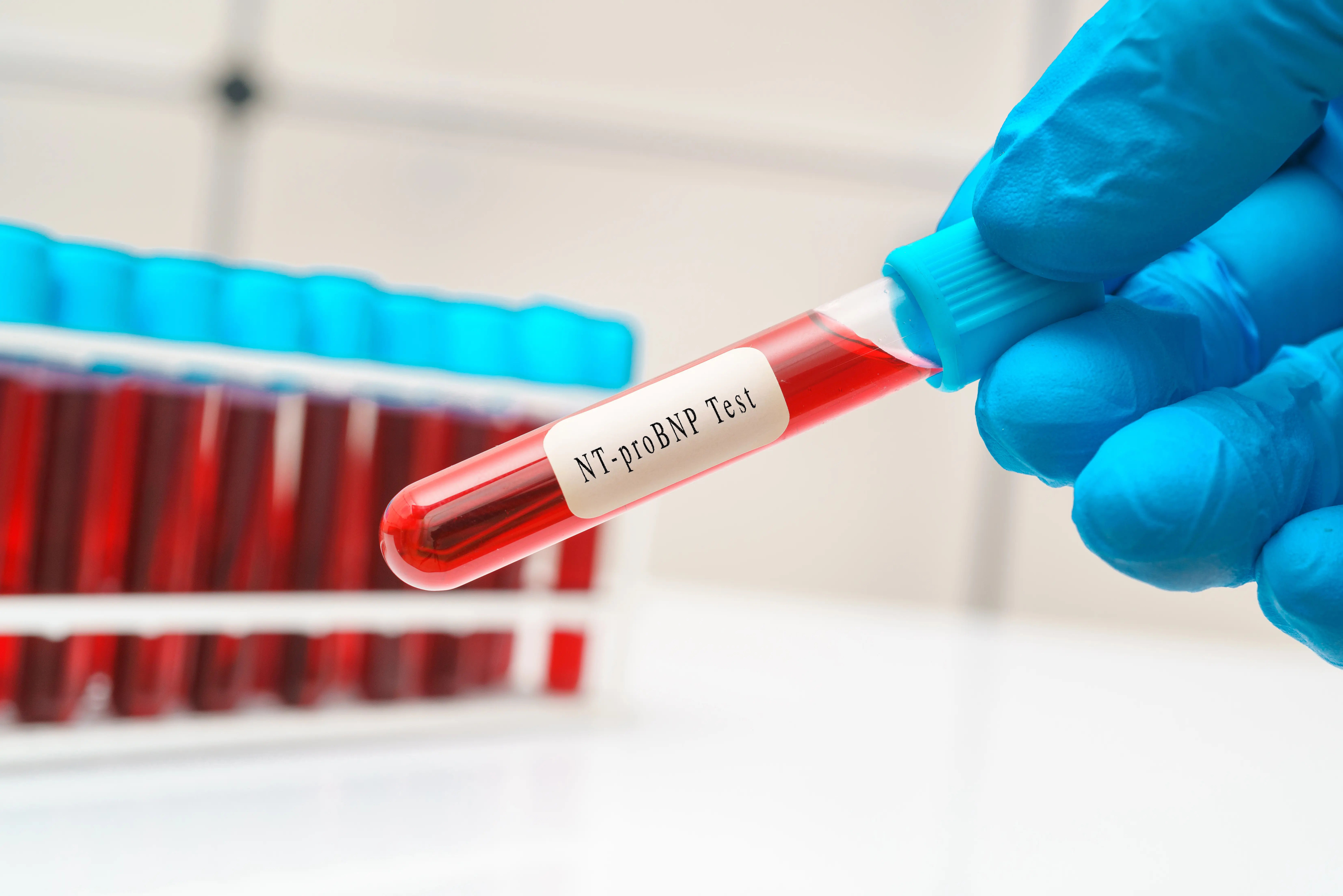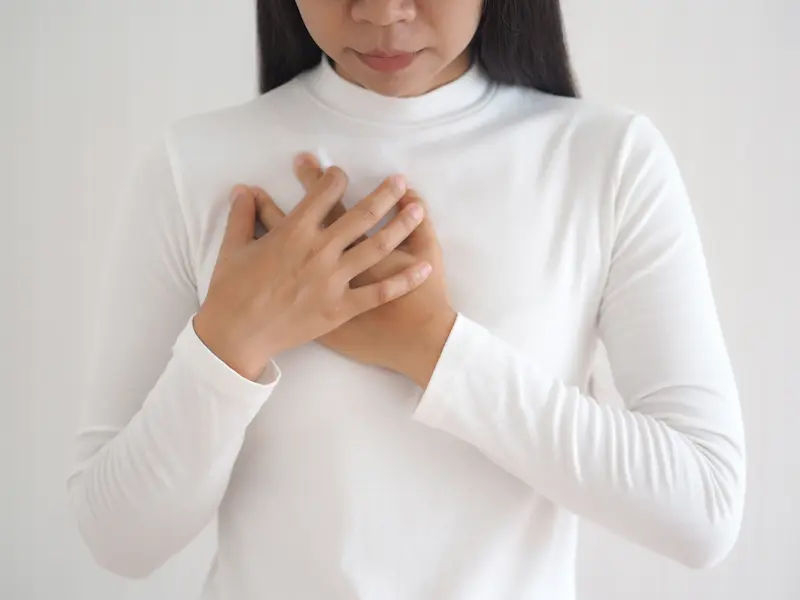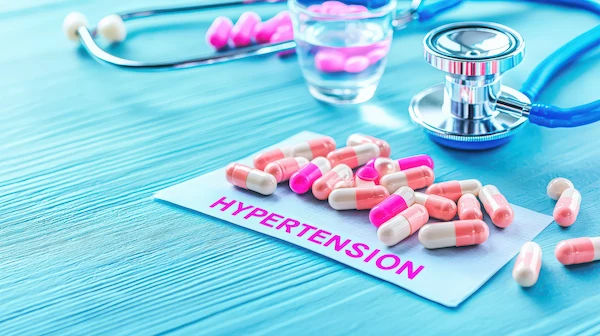- male
- 50 Years
- 29/01/2025
I'm really worried because my cholesterol numbers have recently changed quite a bit. In July 2019, my LDL was 175 and HDL was 45, so my doctor put me on Atormac 10 mg. After taking it for three months, by October 2019, my LDL went down to 100, but my HDL also dropped to 32. My doctor said not to worry, but I'm concerned about my HDL levels dropping so quickly. What should I do about this?
Answered by 1 Apollo Doctors
Regarding your decreased HDL levels in just three months, it is important to focus on lifestyle changes to improve your HDL levels. You can start by incorporating regular physical activity, such as aerobic exercise, into your routine. Additionally, you can include healthy fats in your diet, such as those found in avocados, nuts, and olive oil. Omega-3 fatty acids, found in fatty fish like salmon, can also help raise HDL levels. In terms of medication, you can continue taking Atormac 10 mg as prescribed by your doctor to help lower your LDL levels. However, if you are concerned about your HDL levels, you may want to discuss with your doctor the possibility of switching to a different medication that can help improve HDL levels, such as fenofibrate. Remember to follow a healthy lifestyle, including a balanced diet and regular exercise, to help improve your HDL levels along with medication
Dr. Dr Khaleel Suggests...
Consult a Cardiologist
Answered 04/07/2025
0
0

More Cardiology Health Queries
View allI've been having some mild pain in the mid and left upper chest when I breathe heavily, and it changes depending on how I'm sitting. It seems to happen when I switch from inhaling to exhaling. I've had an ECG and Chest X-ray, and both came back normal. Could this be something to worry about?
take steam inhalation
Answered by 1 Apollo Doctors
I'm having this issue where whenever I increase my treadmill speed, I feel pain in the upper left side of my chest. I had a TMT and echo done just three months ago, and everything came back normal. I'm a bit concerned about what's going on. Can you help me figure out why this might be happening?
This type of chest pain during exercise could be due to musculoskeletal causes or even acid reflux. However, since you have already had a normal TMT and echo, it is less likely to be related to the heart. I would recommend trying an over-the-counter antacid like Tums for possible acid reflux. Additionally, you can take a pain reliever like acetaminophen (Tylenol) for any musculoskeletal pain. If the pain persists or worsens, it would be best to follow up with your doctor for further evaluation.
Answered by 1 Apollo Doctors
I'm feeling really uneasy because for the past 4 months I've been having these weird jerks and palpitations in my chest that last just a couple of seconds. They come and go without any warning. It's like my heart just stops for a moment, and it's really awkward when it happens, although there's no chest pain. I exercise regularly and all my tests like ECG, 2D ECHO, HOLTER ECG, BP, FBS, and Thyroid profile came back normal. But these feelings haven't stopped and I'm scared. Could these jerks be signs of something serious like a cardiac arrest or any other heart issues? What's causing them and the palpitations? I've even felt some pain around the right side of my chest and I'm worried does this relate to cardiac problems, or is it only the left side that's dangerous?
Since all the reports are normal ,advised a psychiatric opinion for diagnosis of anxiety and other conditions..
Answered by 1 Apollo Doctors
Disclaimer: Answers on Apollo 247 are not intended to replace your doctor advice. Always seek help of a professional doctor in case of an medical emergency or ailment.

